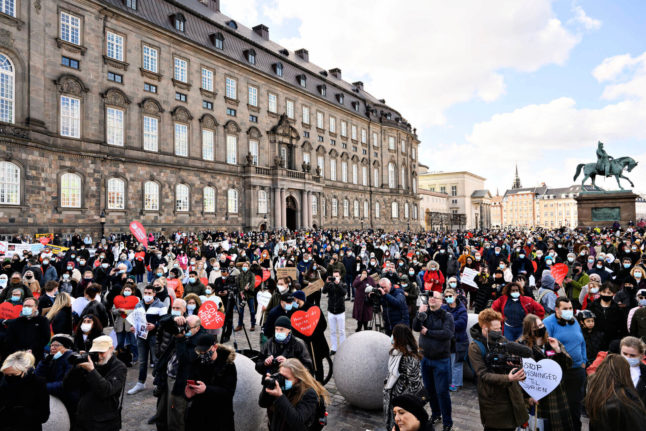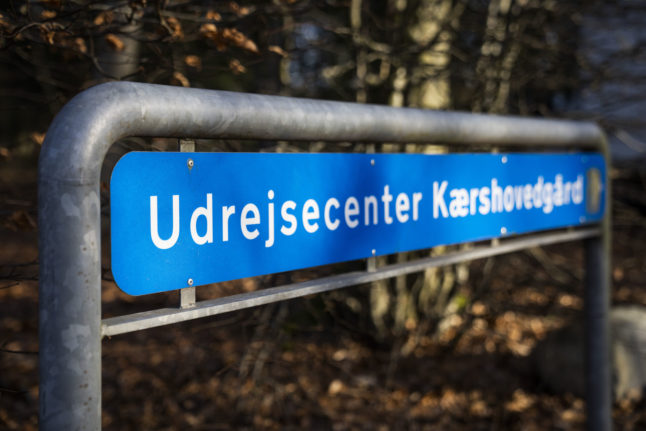Denmark’s official policy on asylum has, since 2019, made the status of all refugees in the country temporary in principle. Refugees are meanwhile compelled to obey certain integration requirements.
The two apparently contradictory approaches create uncertainty and make it harder for case workers to help them establish themselves in Denmark, according to the research project Boundary Work at the University of Copenhagen’s Faculty of Humanities.
Based on their conclusions, the researchers recommend higher political focus on support and guidance of refugees, according to a University of Copenhagen press statement.
In Denmark’s “paradigm shift” of 2019, the government made it official policy that all asylum seekers have temporary status in principle.
It also meant that the focus of government policy was shifted from integration to self-sufficiency and eventual repatriation.
Broadly, it has resulted in refugees being given shorter, temporary residence permits while the criteria for obtaining permanent residency have become increasingly stringent.
READ ALSO:
- Denmark reverses residence decisions for hundreds of Syrian refugees
- ‘I can’t go back’: Syrian refugees in Denmark face limbo after status revoked
The Boundary Work project looked at how this has impacted the refugees, along with volunteers and case workers who have close contact with them.
The research took the form of field work in three volunteer departments under the Danish Refugee Council (Dansk Flygtningehjælp) and Red Cross in three municipalities on Zealand.
“For refugees, the paradigm shift has meant a fundamental uncertainty about one’s one situation and that of family members, partly because they risk losing their residence permits and being separated from their loved ones,” associate professor and lead researcher Marie Sandberg of the University of Copenhagen said in the statement.
“The opposing requirements for integration and repatriation which refugees must navigate also complicate the task of case workers: on one hand, they must motivate the refugee to learn Danish and find work, while on the other hand they must continually advise them on the options for returning home,” she said.
Complex rules on asylum also change frequently, further complicating matters for staff and adding to uncertainty for refugees who lack information about their rights and options, she also said.
The research also highlights a shift from authorities like municipalities providing social support, to the task increasingly falling to volunteers.
Researchers include a number of recommendations in the report which they say would ease the pressure on all three groups: refugees, case workers and volunteers.
“First and foremost, our studies show that many refugees have a large need for guidance and knowledge about their rights in relation to, for example, residence permits. It is incredibly important that the rules are communicated clearly and in several languages,” postdoc Ditte Shapiro, a researcher on the project, said in the statement.
“The temporary circumstances of the refugees create a greater need for social and psychological support from actors in municipalities and civil society to strengthen refugees’ wellbeing and agency,” she continued.
“Overall, we recommend the politicians look at how to create better conditions for the everyday lives of refugees, regardless of whether that daily life is in Denmark or their home country, she added.



 Please whitelist us to continue reading.
Please whitelist us to continue reading.
Member comments